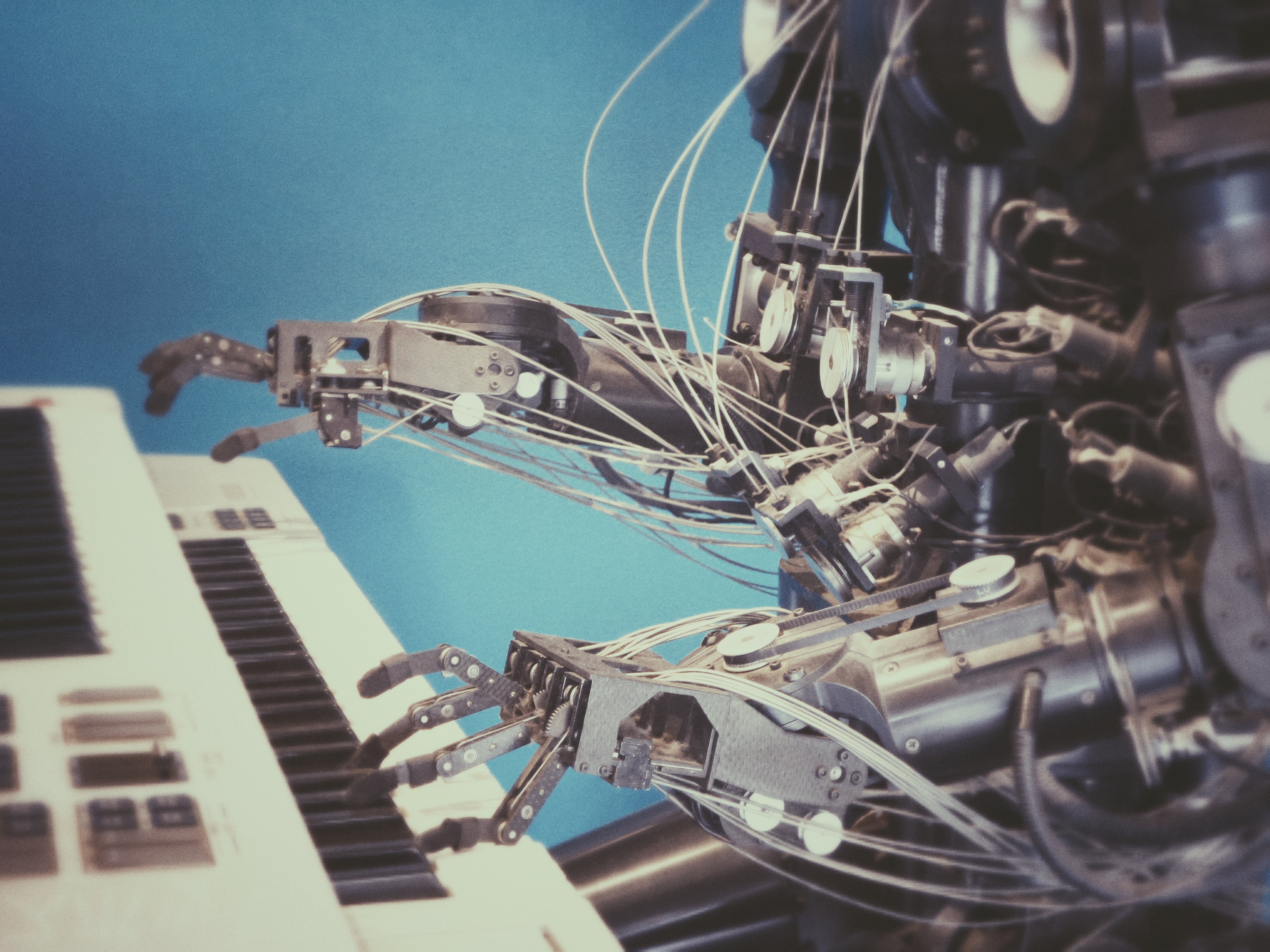
Get Paid to Share Your Expertise
Help shape the future of business through market research studies.
See Research StudiesFrom bits and bytes to thinking machines: Rahul Kanodia ’94 has repeatedly transformed his company to create a global powerhouse.
The story of Datamatics is the story of the rise of big data and artificial intelligence. The Mumbai-based information technology consulting firm began 40 years ago as a low-cost data processing company, but through the years, it capitalized on the Y2K and dot.com booms and morphed into an enterprise solutions provider. “Today is the digital wave, with social media, robotics, and cloud computing causing enormous upheaval,” said CEO and vice-chairman Rahul Kanodia at the recent Khemka Distinguished Speaker Forum. “Today is about cost arbitrage through technology.”
The AI side of Datamatics is growing at a rate of 100 percent per year, he noted. Artificial intelligence, which of course is being embraced by companies and governments in every niche of the world, has entered its most revolutionary phase yet as software engineers concentrate on genomics, allowing computer systems to learn and evolve, mimicking genetic mutation, as they operate.
The result, said Kanodia, is wildly improved efficiencies, with far greater accuracy than human counterparts can approach. He offered several examples of how his own company is using robotics:
- Data processing. “What previously took 16 people three days can now be done with two people in two hours,” he said. He pointed to an insurance company client that has reduced its policy compliance department from 20 people to four — one-fifth of the workforce can accomplish in 30 minutes what used to take weeks. That not only translates into streamlined productivity savings, but also paves the way for higher revenues. In another case, “A team was handling 3,000 new accounts a day, and now handles 15,000,” said Kanodia.
- Data scrutiny. One client hired Datamatics to pore through loan documents of a bank it acquired. Faced with scrutinizing 30 million (!) documents, the original proposal called for 600 Indian employees to spend a full year highlighting any discrepancies or non-compliance in car loans, mortgages, or other financial contracts. “Instead, we hired a bunch of PhDs to design Artificial Intelligence based software. Using the AI platform the project was executed with 27 people in two weeks.”
- Customer interaction. Another banking client needed to be rescued from the 10,000 emails it receives daily from customers. “Some customers are happy, others annoyed or angry. Some emails contain information like the customer is moving to a new address,” said Kanodia. Pertinent information is often buried in email chains. “Using NLP (neuro-linguistic programming) and cognitive science along with robotics that replicates human actions, the software finds the information and updates the address automatically. What used to take a week takes two or three seconds.”

The Other Side of Opportunity
Kanodia acknowledged that, although AI is already displacing countless businesses in virtually every industry, he expects a “huge impact” over the next five to 10 years. And the challenges are substantial.
“The difficult part isn’t in the R&D or the technology, but in commercializing” the solutions, he said. “With anything new, you have to convince customers. They expect 100 percent perfection, and if you deliver 95 percent — even though that’s significantly better than human workers can manage—they want to know who to blame or hold responsible.”
Employment, as observers have noted, will likely have to change as well. Although Kanodia doesn’t expect India to lose many jobs to software robots — the country is still modernizing and its growth path is spawning jobs at an impressive rate. He warned workers against becoming too comfortable. Noting that today’s robots can take even a managerial role, doling out work to humans or other robots, he said. He looks for nimbleness and willingness to change when hiring employees. “I favor attitude and adaptability over aptitude.”
He thinks businesses may face an even more profound change, and whole swaths of companies will likely fall by the wayside. As brick-and-mortar stores close while customers shop online, as banks cede lending to fintech and peer-to-peer networks, and as whole industries disappear and others emerge, Kanodia acknowledged a “crying need for new business models.”
That’s not to say every company needs to abandon its underlying business mission.
Datamatics, which was established by Kanodia’s father, Dr. Lalit Kanodia, in 1975, has already morphed its business plan to reflect the new technologies. Although its tools have changed considerably, Datamatics is committed to remain true to its DNA, which is walking its clients through their data-to-intelligence journey.” “Data and information management using technology remains at the core of what we do,” said Kanodia.
Read the original piece on Columbia Business School’s Ideas and Insights blog.
Ivy Exec is proud to announce its partnership with Columbia Business School, to bring an insightful collection of thought leadership pieces for the modern-thinking strategist in finance, leadership and more to its platform.

 Columbia Business School
Columbia Business School